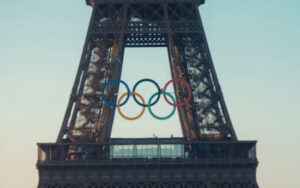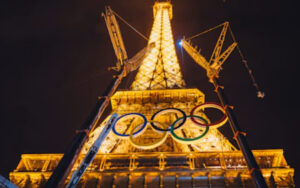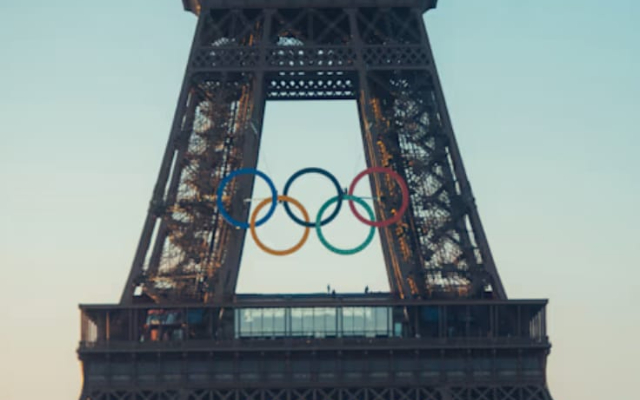
Why did France or, more specifically, Paris decide to bid for the Olympic Games? Is it simply a mega sports extravaganza or is it much more? Are these games also an experiment at urban revitalisation and social regeneration? Is France winning a few more medals the only goal or is there more to the event? Have the goals of urban revitalisation been fulfilled? Finally, what does the experience of the Olympics tell us regarding the organisation of mega sports events in a post-Covid world?
A caveat is needed here. To comment on the possible legacy of Paris 2024 as the Games are just about to start is a rather difficult task. The real impact will unfold after a few months and only then can the long-term legacy be understood.
The equation in Paris, unlike other mega events of recent times, is fairly straightforward at the start of the competition. France needs to stage a good games without any further controversy plaguing it, as the gaze of the world’s cameras are all on it. Anything else and the many billions spent in staging the Games will come back to haunt the hosts, going down in history as an experiment in unnecessary indulgence.
That the success of a mega event is directly related to the host’s performance isn’t a new phenomenon. Beijing 2008 was a success more because the Chinese won an unprecedented 51 gold medals. London 2012 is deemed one of the best games ever because Team GB won 29 gold medals, the best ever in British history. However, in the case of France, this connection is somewhat tenuous. It is not simply about the performance of the French athletes. Rather, it is also about performance off the field. That will eventually decide the success of the Games. The tumultuous build-up to the spectacle, with protests hogging the international media limelight, riots and demonstrations in the aftermath of the elections – much is riding on the organisers’ performance in the next couple of weeks. As long as there is no serious incident, the world media will be supportive of the competition.
The other key question that the Olympics raise is why athletes should have to bear the pressure of the multi-billion-dollar spend. For them, it is a sports event after all, and they can’t be expected to stand up for the money spent to organise it. Not only does this add to the pressure of expectations, it means the athletes aren’t playing sport anymore. Rather, they are gladiators fighting an intangible adversary, which has very little to do with sport. The French athletes aren’t responsible for staging the event, and nor can they be held responsible for its success or failure. Yet, they are the central actors in the drama. If they don’t win medals, it will impact the legacy of the event and leave behind a number of key questions for future mega-event organisers. Should the developing world even think of using sport as a tool of socio-economic regeneration when the stakes are high and so much depends on the performances of the athletes?
For the Latest Sports News: Click Here

So, are these Games a jackpot or a curse? History shows there is no definitive answer to this rather complex question.
London 2012, it could be argued, helped the transformation of the British capital into a more favoured destination for global economic enterprise. A fundamentally transformed East End and serious urban regeneration in areas like Canary Wharf and Stratford made it comparable to the more affluent west of the city, and solved a long-standing problem. With the British winning 29 golds, which included medals from Mo Farah and others, London 2012 was a symbol of resurgent British multi-culturalism.
Sydney, on the other hand, personifies the negative impact that mega events can have on host cities. The Sydney Olympic Park, once a symbol of Australian pride, which housed Olympic athletes in 2000, stood derelict for years. The link between Darling Harbour, the Sydney CBD and Paramatta was not accomplished and ordinary taxpayers continue to bear the brunt of this investment. In contrast, real estate prices in Sydney continue to be high despite the meltdown.
Barcelona 1992, however, was the exact opposite. With careful planning and excellent implementation, the city serves as a perfect model of what the Olympics can do if facilities constructed for the Games are properly harnessed for the city’s development.
So what will it be for Paris 2024 at the end of it all? Will the spectacle be remembered for the protests and demonstrations, or for the spectacular opening ceremony that has been planned? Will it indeed showcase a resurgent Paris in front of the world, one that finally comes together post-Covid in celebrating sport and humanity? The jury is still out on the final verdict.
Also Read: Lerma goal edges Colombia Past Uruguay and into Copa America 2024 Final





